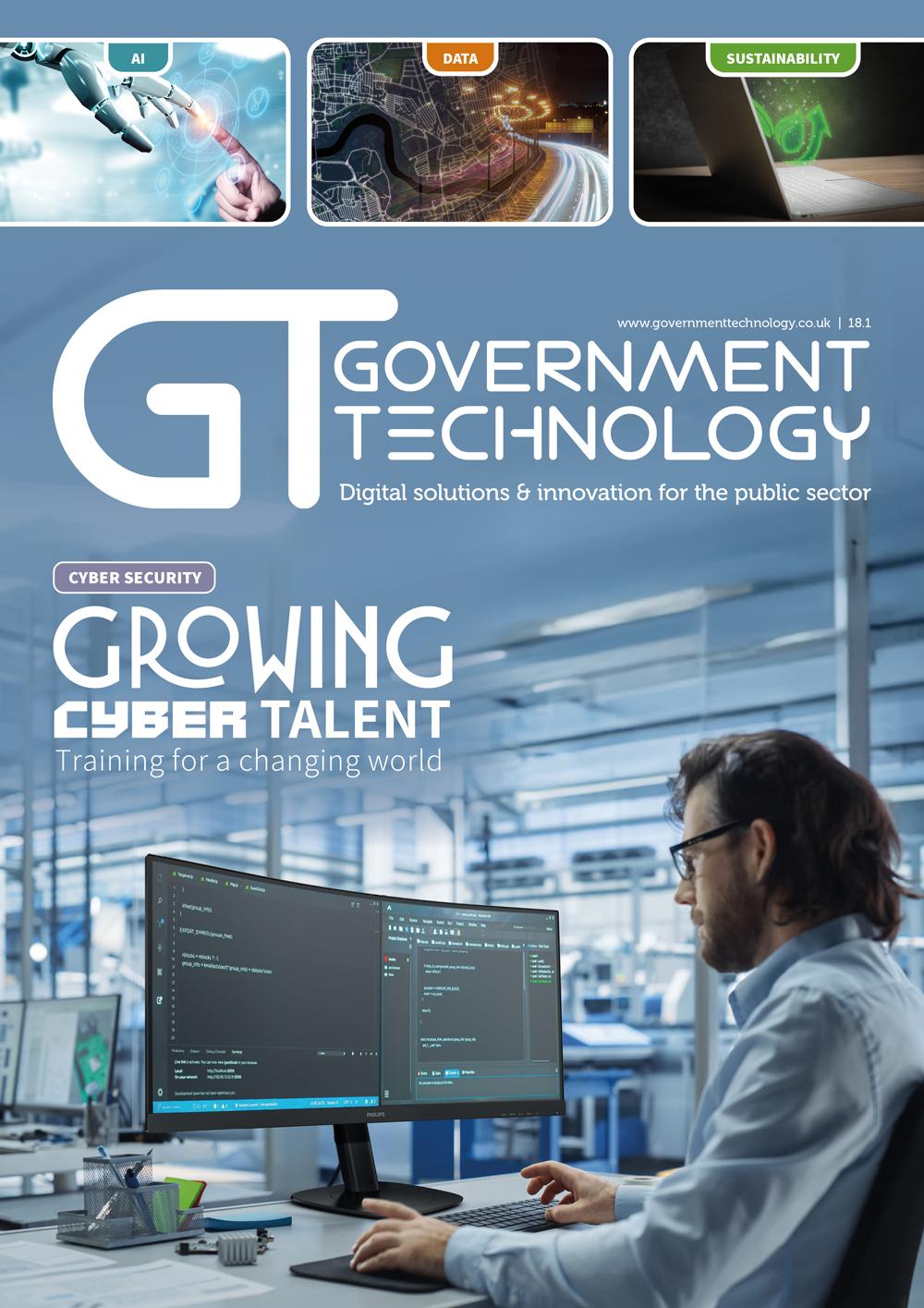A new high-tech atomic clock has been developed at the secret Defence Science and Technology Laboratory (Dstl), which will allow military personnel to conduct more secure and precise operations. This will improve British intelligence, surveillance, and reconnaissance capabilities by decreasing the use of GPS technology which can be disrupted and blocked by adversaries.
The clock is so precise that it will lose less than one second over billions of years, giving scientists an unprecedented opportunity to measure time accurately. It is the first device of its kind to be built on British soil and will be rolled out during military operations over the next five years.
Quantum clocks aren’t just useful for precision timekeeping, but also have the potential to transform global navigation systems, assisting with everything from satellite communication to aircraft navigation.
Improved clocks will allow the Ministry of Defence to further support current and future capabilities. Quantum clocks have a range of applications, such as reducing reliance on GPS satellites which can be easily destroyed in conflict, ensure secure communication systems like encrypted military networks, as well as enhance the accuracy of advanced weapon systems, like guided missiles, as they depend accurate timing to calculate trajectories and attacks.
Minister for defence procurement and industry, Maria Eagle MP, said: “Integrating cutting edge technology into existing capabilities exemplifies the government’s commitment to innovation in the defence sector, and to ensuring our Armed Forces have the best kit possible to keep us secure at home and strong abroad.
“The trailing of this emerging, groundbreaking technology could not only strengthen our operational capability, but also drive progress in industry, bolster our science sector and support high-skilled jobs.”
Dstl’s chief executive, Paul Hollinshead, said: “This first trial of advanced atomic clock represents a significant achievement in the UK’s quantum technology capabilities.
“The data gathered will not only shape future Defence effort but is also a signal to industry and academia that we are serious about exploring quantum technologies for secure and resilient operational advantage.”


